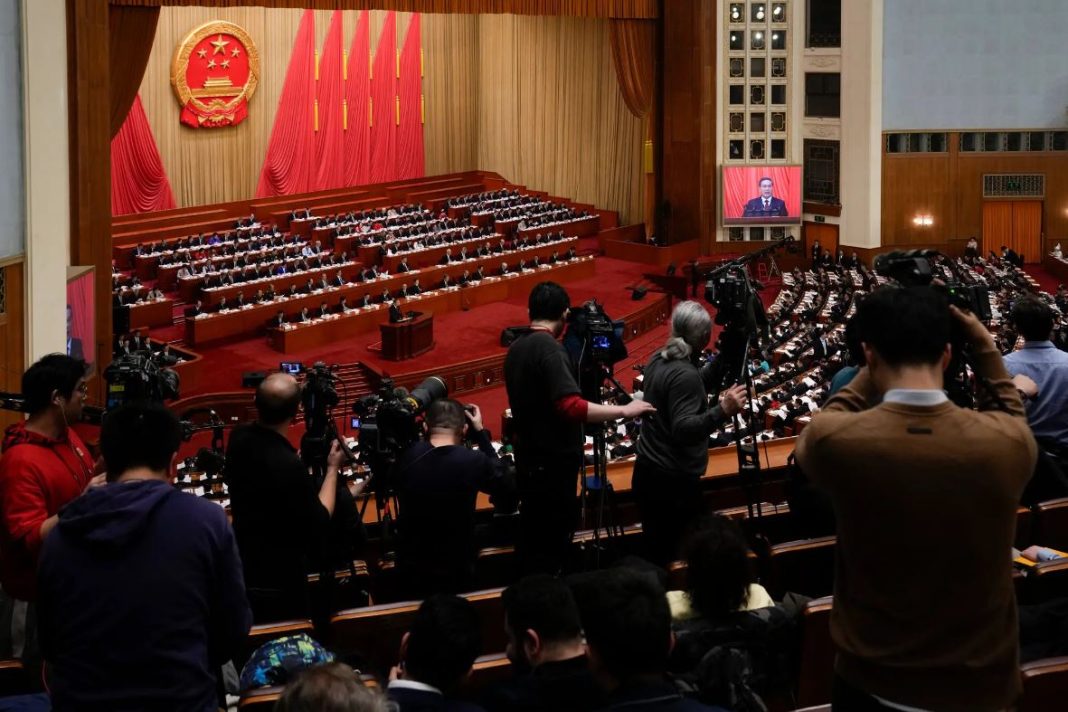For over three decades, China’s premier held an annual news conference, providing a rare opportunity for journalists and the public to gain insight into the country’s leadership and policies. However, on Monday, China announced the discontinuation of this tradition, marking the end of an important institution of the country’s reform era.
The premier’s news conference, held at the conclusion of China’s annual rubber-stamp legislature, was a significant event watched by both the Chinese public and the global political and business elite. Despite being increasingly scripted, it offered glimpses into economic policy shifts and high-level power dynamics within the Chinese government.
The decision to abolish the news conference reflects China’s current economic challenges and the leadership’s inclination towards opacity. It underscores President Xi Jinping’s centralization of power, positioning him as the sole authority in a country of 1.4 billion people.
The demise of the news conference also symbolizes the fading remnants of China’s reform era. In the 1990s and 2000s, alongside the premier’s news conference, the annual TV gala of the Lunar New Year was a major television event in China, akin to the Super Bowl and Oscars in the United States.
Historically, the premier’s news conference provided moments of political significance. During Zhao Ziyang’s tenure in 1987, he engaged with foreign correspondents, demonstrating a level of openness and transparency that would be unthinkable in today’s China. However, Zhao was later removed from office for opposing the Tiananmen Square crackdown in 1989.
Subsequent premiers like Zhu Rongji and Wen Jiabao brought their own styles to the news conference, with Zhu’s sharp-tongued remarks and Wen’s occasional mentions of political reform. Li Keqiang, who served as premier under Xi Jinping, notably highlighted income inequality in China during his tenure.
Under Xi Jinping’s leadership, however, China has become increasingly closed off to the outside world. Foreign journalists have faced expulsion and harassment, and the government has cracked down on multinational companies. By canceling the premier’s news conference, China further isolates itself and reduces transparency, which could have adverse effects on the economy.
Some speculate that Premier Li Qiang’s decision to cancel the news conference is a bid for self-preservation. Since taking office, Li has minimized the stature of his role, allowing Xi Jinping to consolidate power. Li’s actions, such as reducing the frequency of cabinet meetings and avoiding the spotlight, suggest a desire to remain in Xi’s shadow.
The cancellation of the premier’s news conference represents a significant shift in China’s political landscape. It marks the end of an era of relative openness and transparency, replaced by a more centralized and opaque system under Xi Jinping’s leadership. As China faces economic challenges, the decision to forego this annual tradition raises questions about the future direction of the country.

